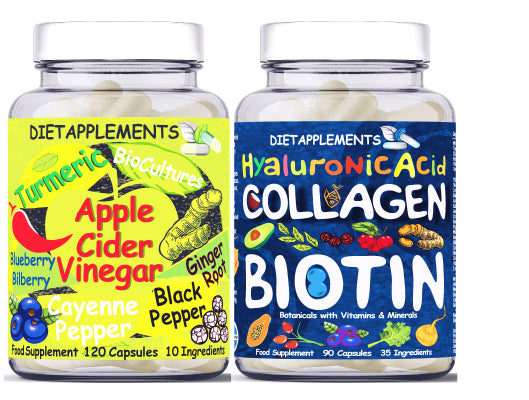Click here to explore our formulas with Zinc
Zinc is an essential trace element that plays a critical role in various physiological processes within the human body. It is involved in numerous enzymatic reactions and serves as a cofactor for a wide range of proteins.
Here are some key reasons why zinc is important to the human body:
-
Immune Function: Zinc is crucial for the proper functioning of the immune system. It is involved in the development and function of immune cells, and it plays a role in the body's defense against infections. Zinc deficiency can impair immune function, making individuals more susceptible to infections.
-
Cell Division and Growth: Zinc is essential for cell division, growth, and development. It is involved in the synthesis of DNA and RNA, contributing to the processes of cell replication and repair.
-
Wound Healing: Zinc plays a role in wound healing and tissue repair. It is involved in the synthesis of collagen, a structural protein important for the integrity of skin and connective tissues.
-
Sense of Taste and Smell: Zinc is necessary for the proper functioning of taste and smell receptors. Zinc deficiency can lead to alterations in taste perception and a decreased sense of smell.
-
Reproduction: Zinc is important for reproductive health in both males and females. It plays a role in sperm production, and adequate zinc levels are essential for normal fetal development during pregnancy.
-
Antioxidant Defense: Zinc is a component of various antioxidant enzymes, helping to protect cells from oxidative damage caused by free radicals.
-
Neurotransmitter Function: Zinc is involved in the regulation of neurotransmitters in the brain. It influences the release and activity of certain neurotransmitters, contributing to normal cognitive function.
Dietary sources of zinc include:
-
Meat (particularly red meat, poultry, and seafood)
-
Dairy products (such as milk and cheese)
-
Nuts and seeds
-
Legumes (beans and lentils)
-
Whole grains
















